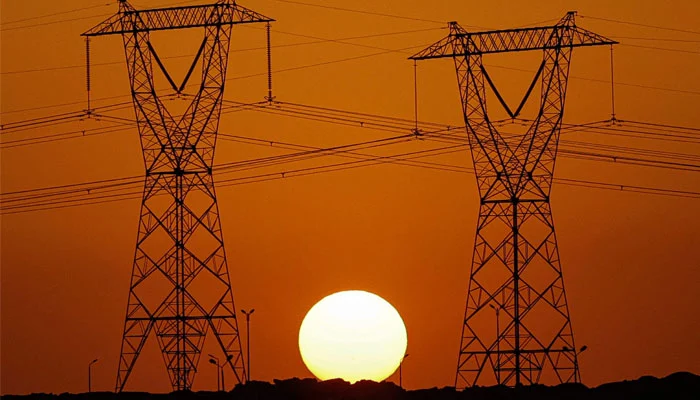Pakistan’s electricity industry is currently experiencing a serious crisis for a number of reasons, including generation, transmission, and distribution. At its height, circular debt appears to be unavoidable.
There has never been a sector as badly positioned as it is right now. Among the issues facing the industry are political meddling, antiquated infrastructure, inefficiencies, and skyrocketing fuel prices. The underlying causes of this dilemma are related governance issues and an inconsistent policy framework that shifts periodically.
Because of their constantly rising capacity charges, independent power producers (IPPs) have tarnished the system and made it impossible for regular Pakistanis to pay their dues.The primary cause of the increase in electricity prices is these charges, which have crossed the Rs2.5 trillion mark. The IMF program also highlights the need for the Ministry of electricity to take the appropriate actions in order to reform the electricity sector and reduce circular debt.
Reforms must be implemented by power production companies (Gencos) and distribution companies (DISCOs) as soon as possible. These reforms should address everything from infrastructure development to distribution losses and theft, which are prevalent in remote rural areas. Reforms must also be made to the National Transmission and Despatch Company (NTDC), whose outdated infrastructure prevents it from carrying the load of the installed generation capacity.
A tangle has been created by inconsistent power policy. IPPs were first included in the 1994 Power Policy, which had an impact on power rates.







